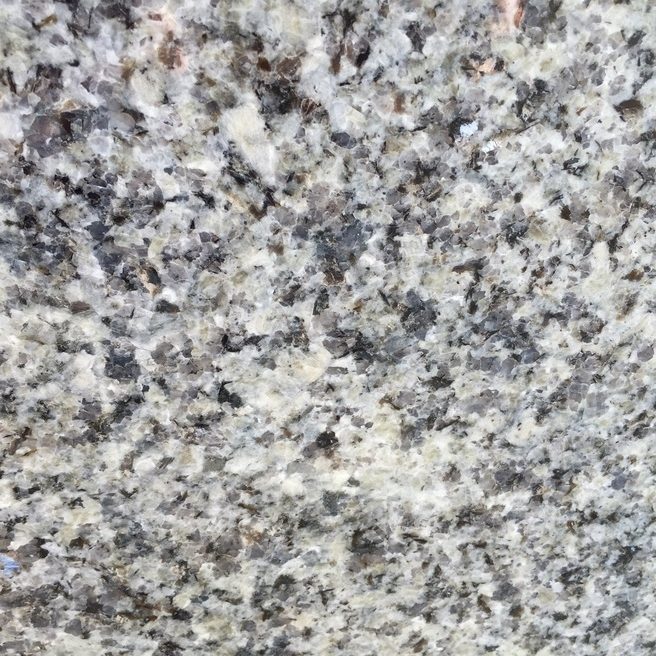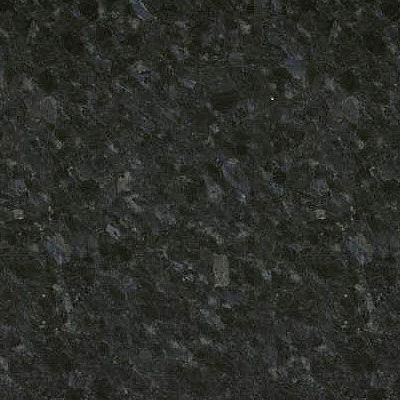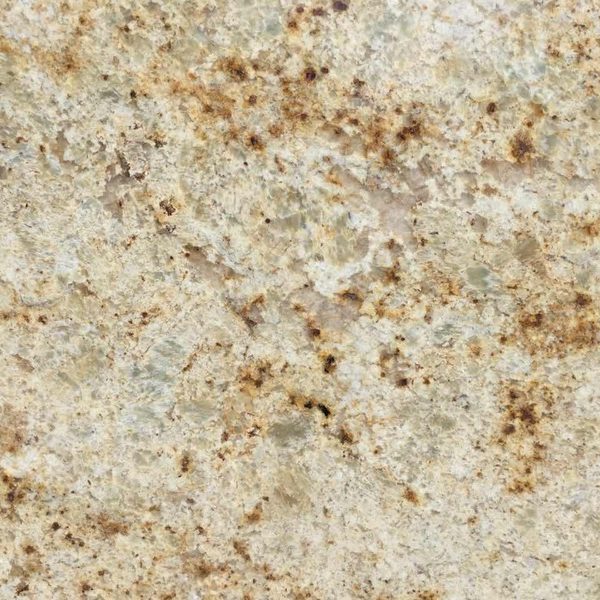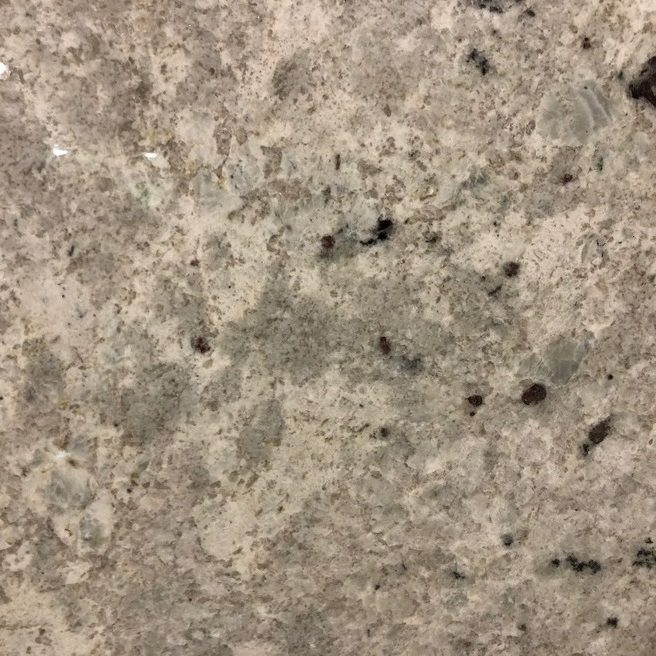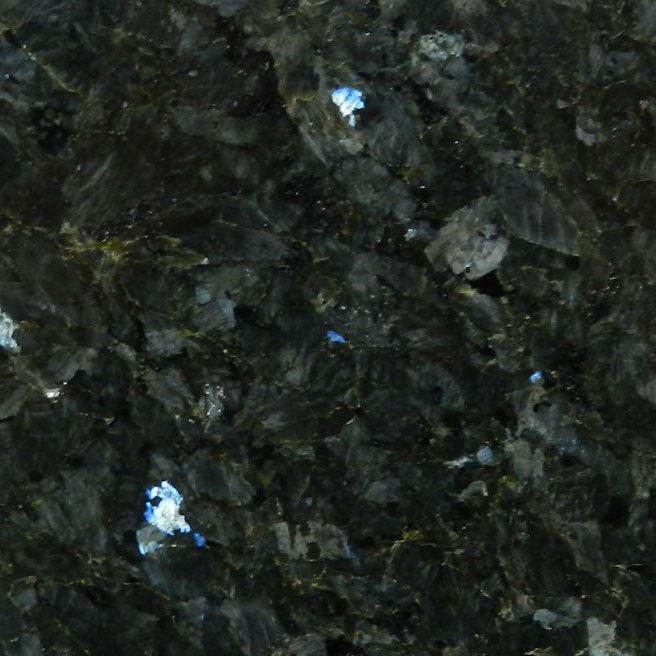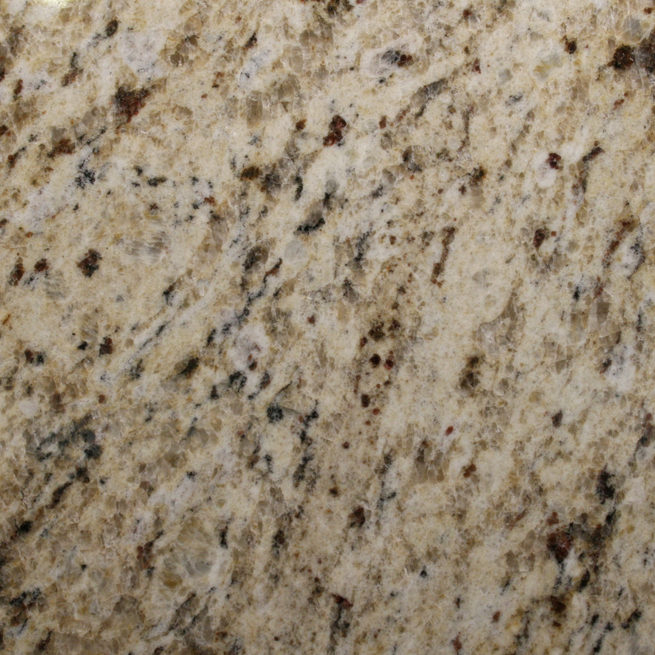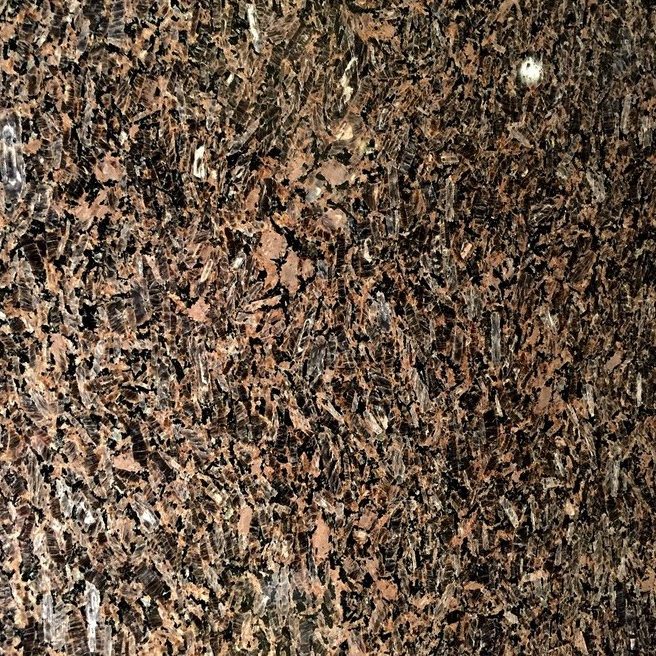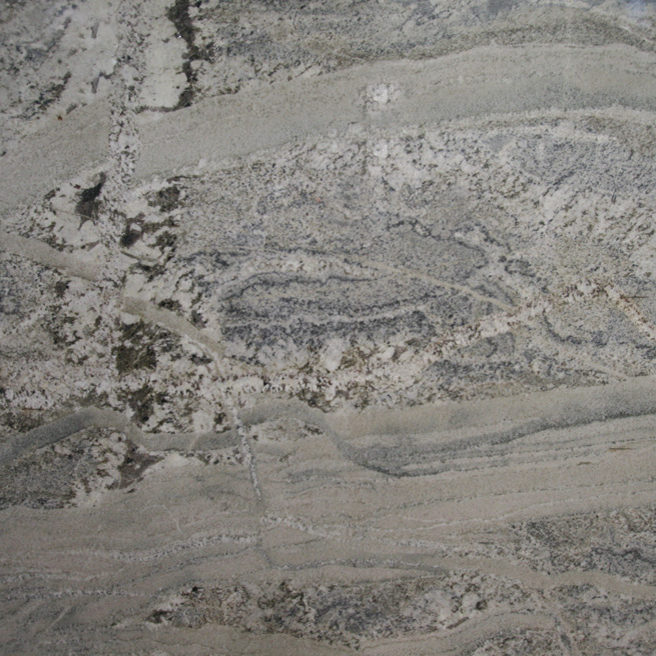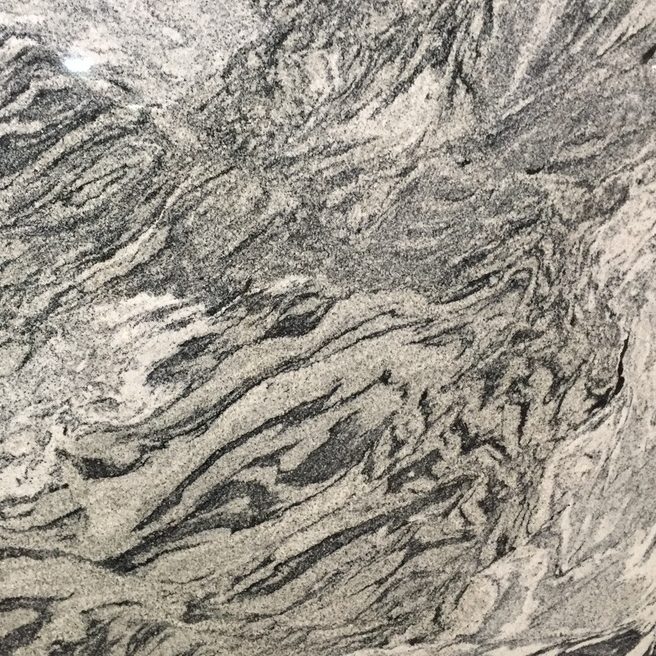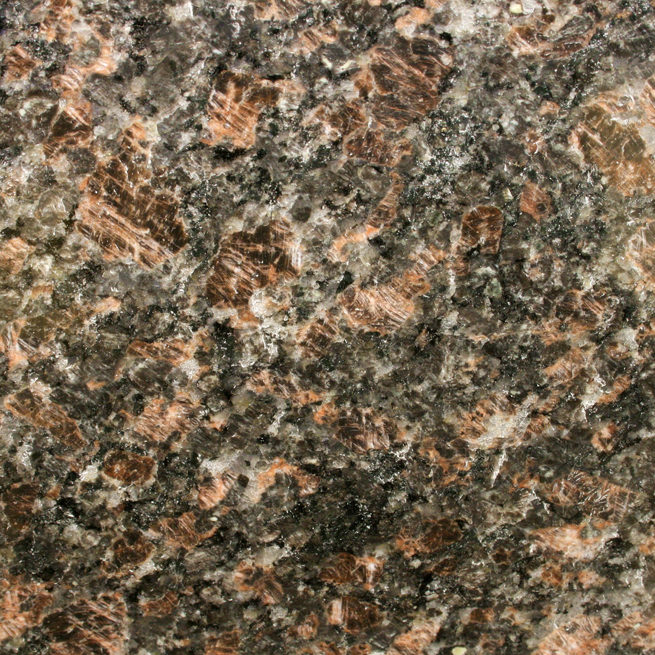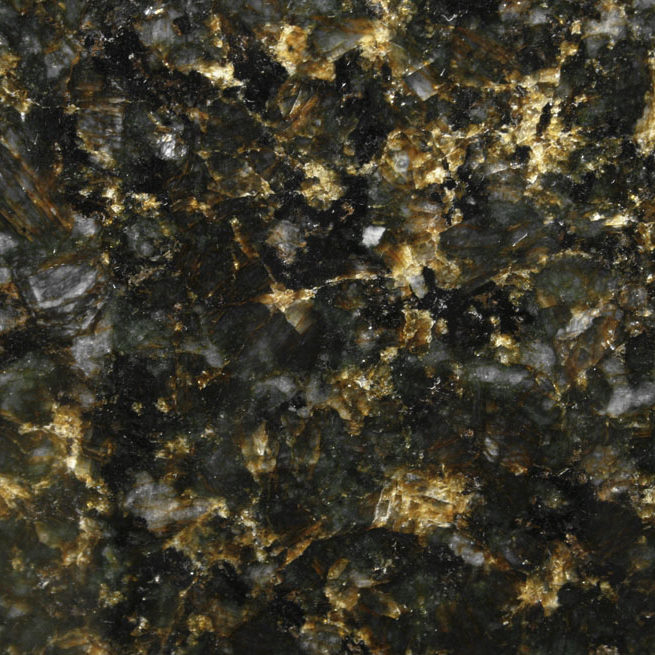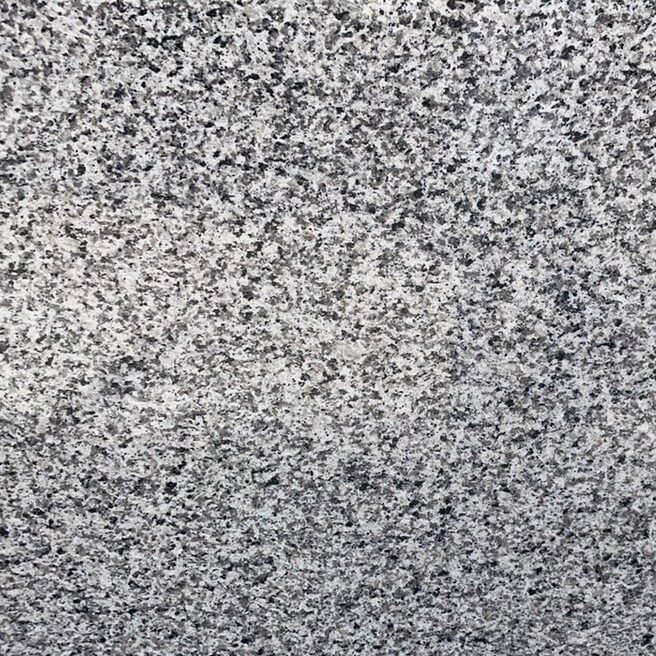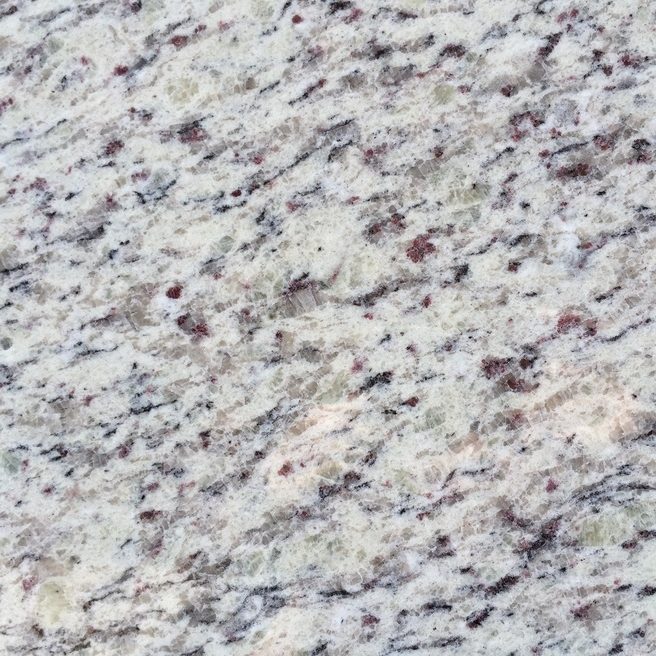Granite is by far the most durable of all surfaces used in counter top construction. It can withstand temperatures up to 1,200 degrees Farenheit, and disperses heat throughout the surface. Most household knives can be used to cut meat and vegetables directly on the granite surface, and with proper care this surface is virtually stain-proof. Despite being the only choice for world-famous chefs, bakers, pasta and candy makers, the price is not nearly as prohibitive as one might think Why settle for less when you can choose the real thing at an affordable price?
Granite Colors
Want a Color Not Shown Here?
We can special order colors. Call us or contact us to find out more.
Care and Maintenance
Precautions
- Avoid using cleaning products with any kind of acid or abrasive; they may cause discoloration or scratches.
- Do not use lime removal products or cleaning products that contain ammonia, as this will affect the seal on the stone.
- Do not stand, kneel down on or sit on your countertops, as they could crack or break.
- Use a protective barrier between any hot object and granite such as trivet or mat. Placing hot pans or other objects directly on your countertop may cause discoloration and/or cracking.
- Take care when you handle heavy pots and pans around granite profiles. Banging heavy objects into the edges can cause chipping. If a chip does occur and you find the piece that shipped out, hold onto it; most of the time, it can be epoxied back into place.
Basic Cleaning
- Rinse with hot, clean water on a regular basis and use a paper towel to dry.
- Blot oil and acid spills as soon as they happen to protect the countertop.
- Wipe up spills within a reasonable time and do not let liquid sit overnight.
- For older oil stains, use a poultice of baby or baking powder and water. Make into paste, moisten the countertop, lay the paste about 1/2″ thick and cover with plastic sheeting for 48 hours.
- To remove soap scum, lime buildup, stains or dried spills, you can also use a straight razor blade in a gentle scraping motion.
- For stubborn stains, you can also use steel wool grade 00 or a no-scratch Scotch-Brite pad.
Sealers
If you are questioning whether to seal your granite countertop, you should consider the following:
- Many species of granite receive a resin treatment at the factory there the blocks of granite are cut and polished. This treatment fills microfissures, indentation and other minor characteristics that are found in natural stones. This treatment does help the stone to be stain-resistant, but a good sealer can improve that resistance.
- Whichever sealer is used should have a lifespan of 10-15 years and be of an oilophobic nature.
- Sometimes, using an impregnating sealer on resin-treated stones can cloud, discolor, or fade the countertop. In these cases, the application of a color enhancer could hide the problem.
- It is highly recommended that you consult with the Sealant Manufacturer prior to applying a sealer to a resined stone.



